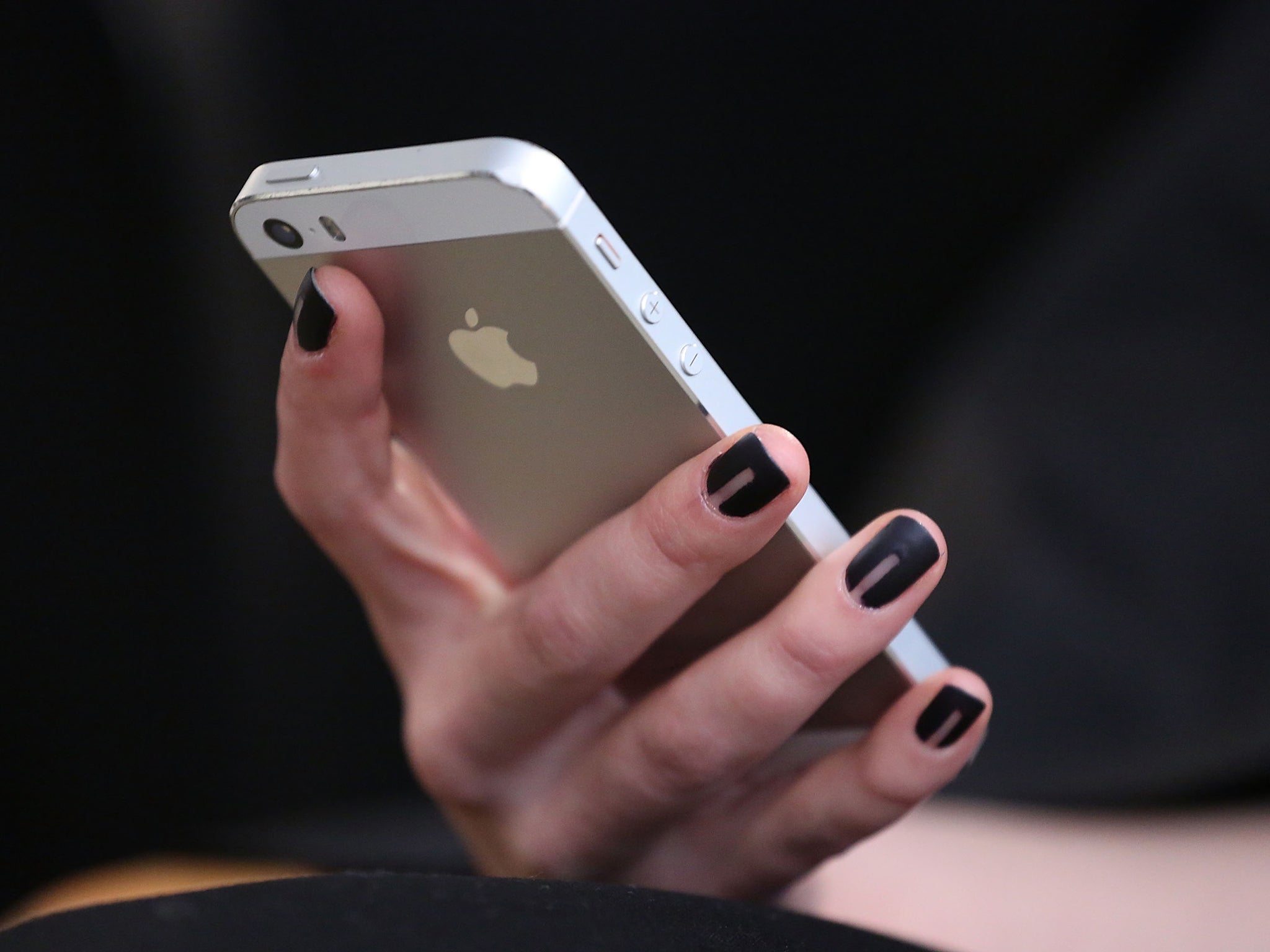Apple 'working on an iPhone even its engineers can’t hack
Since the revelations of government surveillance made by Edward Snowden, companies have been retooling their products to protect against intrusion

Your support helps us to tell the story
From reproductive rights to climate change to Big Tech, The Independent is on the ground when the story is developing. Whether it's investigating the financials of Elon Musk's pro-Trump PAC or producing our latest documentary, 'The A Word', which shines a light on the American women fighting for reproductive rights, we know how important it is to parse out the facts from the messaging.
At such a critical moment in US history, we need reporters on the ground. Your donation allows us to keep sending journalists to speak to both sides of the story.
The Independent is trusted by Americans across the entire political spectrum. And unlike many other quality news outlets, we choose not to lock Americans out of our reporting and analysis with paywalls. We believe quality journalism should be available to everyone, paid for by those who can afford it.
Your support makes all the difference.Amid a very public battle with the FBI over demands that it open a phone belonging to one of the San Bernadino attackers, a report has said that Apple is already developing new security measures that would make it impossible for the government to break into a locked iPhone.
The report in the New York Times said that engineers were already attempting to update the security of its phones and that it they are successful the company would create a significant technical challenge for law enforcement agencies, even if the Obama administration wins its fight over access to data stored on an iPhone. The FBI would then have to find another way to defeat Apple security, setting up a new cycle of court fights and, yet again, more technical fixes by Apple.
“We are in for an arms race unless and until Congress decides to clarify who has what obligations in situations like this,” Benjamin Wittes, a senior fellow at the Brookings Institution, told the newspaper.
Companies have always searched for software bugs and patched holes to keep their code secure from hackers. But since the revelations of government surveillance made by Edward Snowden, companies have been retooling their products to protect against intrusion, the newspaper said.
The revelation that Apple’s efforts would make it impossible for the government to break into a locked iPhone using methods similar to those now at the centre of a court fight in California, come as the two sides have engaged in a public relations battle over the issue.
The FBI is seeking the tech company's help to access shooter Syed Rizwan Farook's phone by disabling some of its passcode protections. The company so far has pushed back, arguing that such a move would set a dangerous precedent and threaten customer security.
Reuters said the clash between Apple and the Justice Department had driven straight to the heart of a long-running debate over how much law enforcement and intelligence officials should be able to monitor digital communications.
The Justice Department won an recent order in a California federal court. The director of the FBI also weighed in with a public appeal, saying the nation owed the victims “a thorough and professional investigation under law.”
“We simply want the chance, with a search warrant, to try to guess the terrorist’s passcode without the phone essentially self-destructing and without it taking a decade to guess correctly,” wrote FBI Director James Comey.
“That’s it. We don’t want to break anyone’s encryption or set a master key loose on the land.”
Apple said the request would set a dangerous legal precedent and expand government surveillance powers.
“Law enforcement agents around the country have already said they have hundreds of iPhones they want Apple to unlock if the FBI wins this case,” it said in a statement.
“In the physical world, it would be the equivalent of a master key, capable of opening hundreds of millions of locks.”
While Apple has secured the support of some high profile figures, including Mark Zuckerberg of Facebook, a poll by the Pew Research Centre suggested only 38 per cent of Americans supported the tech company’s stance. Bill Gates of Microsoft said the issue was not “straightforward”.
Join our commenting forum
Join thought-provoking conversations, follow other Independent readers and see their replies
Comments